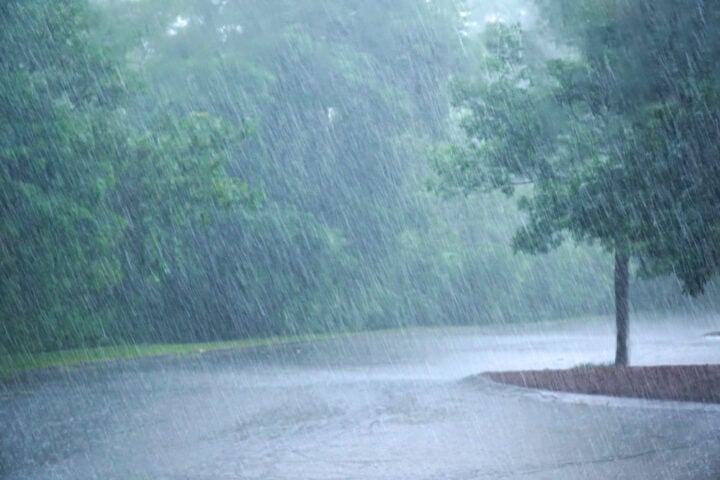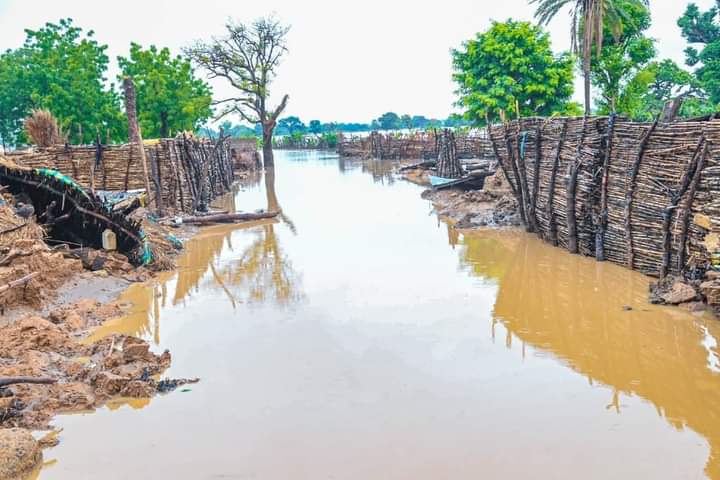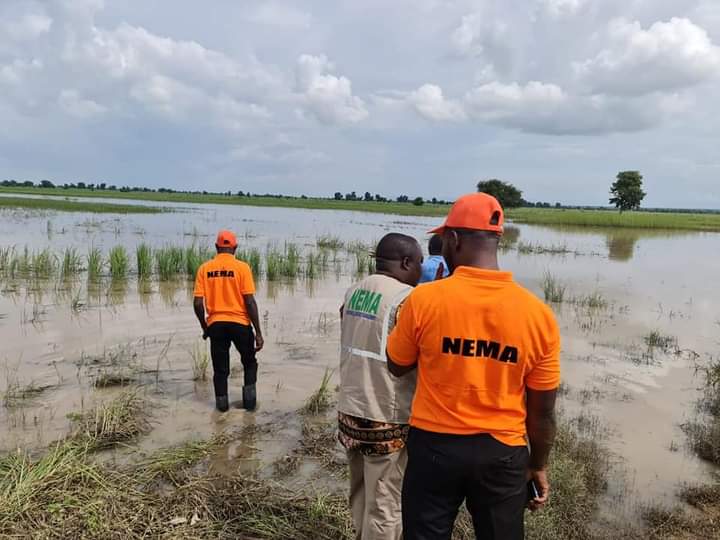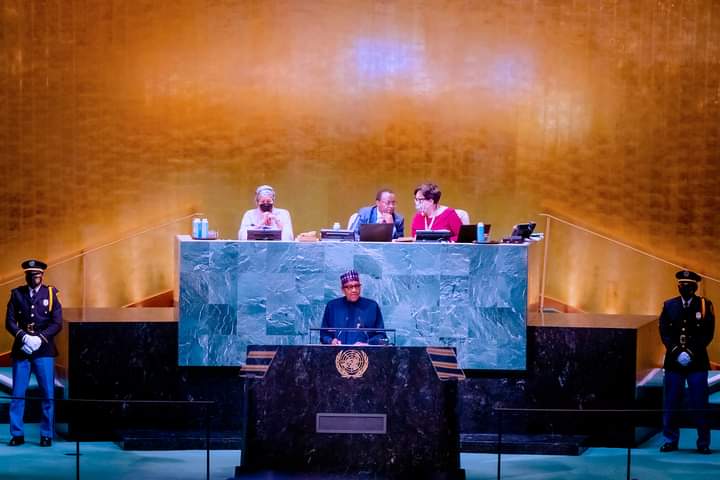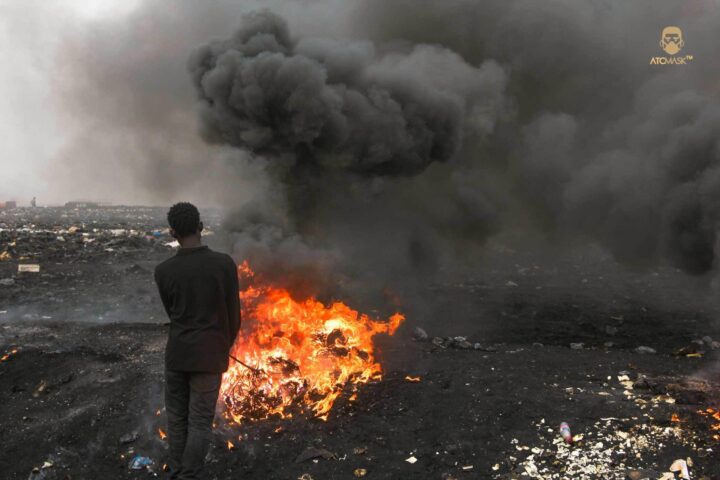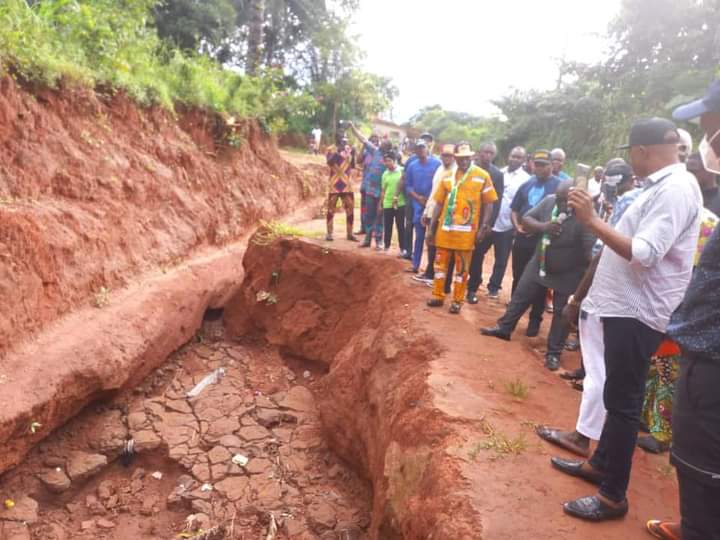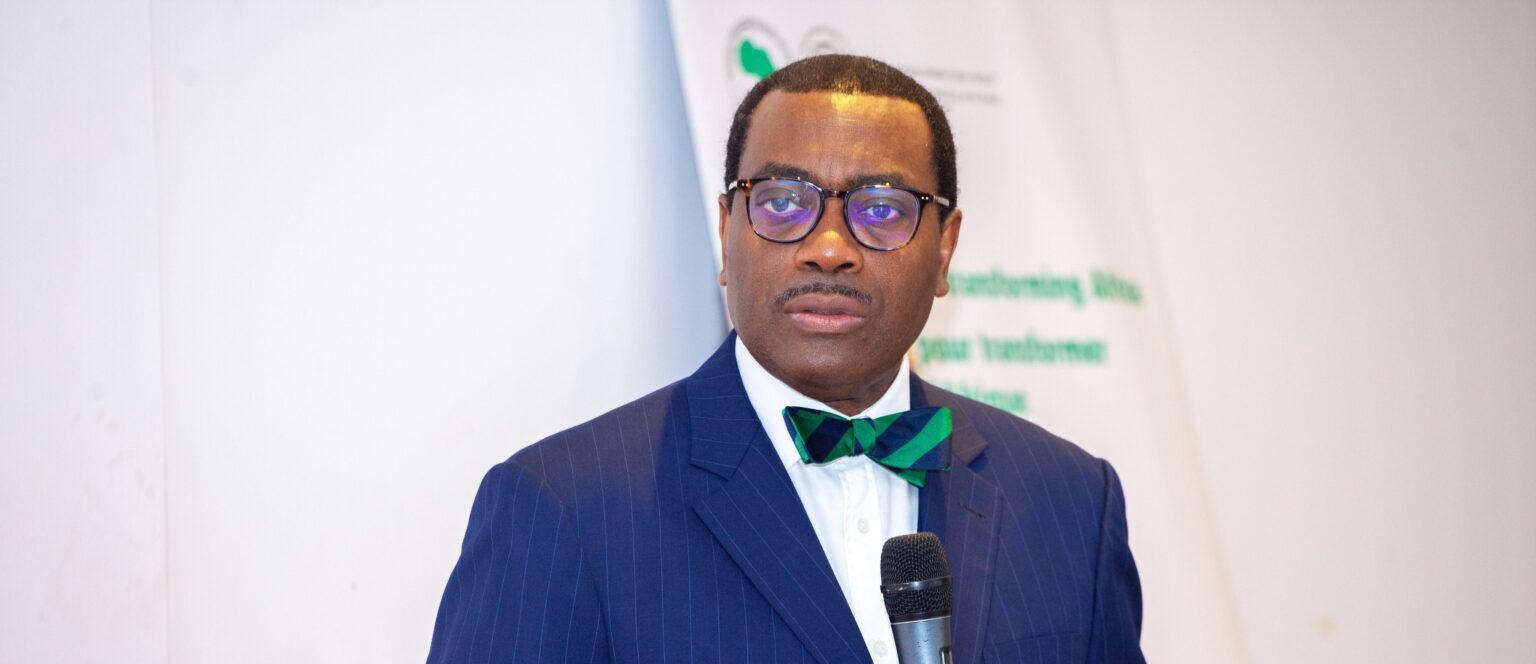Despite directly impacting our communities, health and livelihood, climate-related reports usually take a back seat to dominant news beats like politics and business. Climate Watch aims to ensure you never miss important stories on climate change and actions being taken towards limiting its impact.
Here is a round-up of last week’s climate stories:
- A new ‘United in Science’ report last week found that the world is not on track to tackling the climate crisis. The report by the World Meteorological Organisation (WMO) stated that countries would now need to pledge seven times more on emission reduction than they are already doing, to achieve 1.5 degrees. Responding to these findings, Antonio Guterres, United Nations (UN) secretary-general, said the dependence on fossil fuel is resulting in “new scale of disasters”. Find out more here.
- Refrigerants such as refrigerators and air conditioners emit hydrofluorocarbons (HFCs), a potent greenhouse gas that contributes to climate change. As a way to curb the emissions from these refrigerants, the federal government unveiled the national cooling action plan (N-CAP) last week. Making the announcement at an event to mark the World Ozone Day, Mohammed Abdullahi, minister of environment, said N-CAP would encourage the phase-down of HFCs which contribute to global warming, and support the uptake of climate-friendly alternative refrigerants. Read more here.
- Heavy rainfall across Nigeria has caused varying degrees of damage to villages, towns, and cities. In Kwara for instance, a bridge in the Pategi LGA of the state collapsed following heavy rainfall and flooding in the state. Speaking during a visit to the area, AbdulRahman AbdulRazaq, governor of Kwara, assured the people of Pategi that an immediate solution would be provided, given the economic value of the bridge. See pictures here.
- On his visit to Nigeria, John Kerry, US special presidential envoy for climate, announced a $200 million funding from Clean Energy Demand Initiative to help Nigeria and other countries transition faster to clean energy economies. He said the support will help countries to implement the buying and production of green products. He said it will also help to address the country’s climate crisis and create jobs for Nigerians. Find out more here.
- In a similar development, Kerry while addressing journalists in Abuja, said countries who produce more emissions have to take higher responsibilities if the world must overcome the effects of climate change. Kerry, who said he visited Nigeria to “talk about how we can do this future together in a way that works for everybody”, said the planet needs to come together and be a part of the solution. He added that Nigeria as a main producer of petroleum is one of the most important countries on climate matters in Africa and that how the country approaches the climate crisis will be significant for the continent and the global community.
- Despite being the most affected by the climate crisis, Africa receives meager climate finance to tackle its challenges. Last week, the African Development Bank (AfDB) said the continent is losing up to 15 percent of its gross domestic product (GDP) per capita growth to climate change and related impacts. The bank said about $1.6 trillion is needed between 2022 and 2030 to meet the continent’s nationally determined contributions (NDCs). Read more here.
Add a comment
